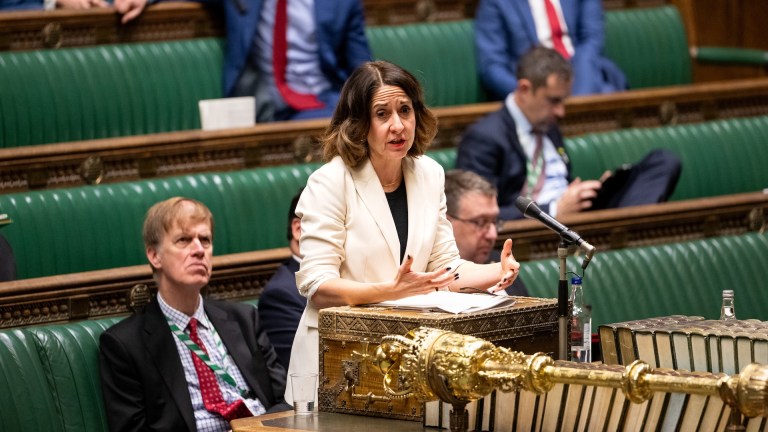Fewer companies and recruiters are listing salaries on job adverts than six years ago despite an ongoing campaign for pay transparency.
Just six in 10 job adverts analysed by jobs board Adzuna stated the salary on offer, despite widespread evidence that pay transparency has a significant impact in tackling pay inequality.
Job adverts that do not list a salary or salary range often rely on asking candidates their salary history when negotiating pay, with research conducted by The Fawcett Society finding 58 per cent of women felt they had received a lower salary offer after having to disclose their previous earnings.
- How much should my pay rise to beat inflation?
- The sexist traditions of ‘office housework’ – and how to end them
- Asked to do unpaid overtime? That’s wage theft, here’s what to do about it
Adzuna analysed 80 million UK jobs advertised between 2016 and September 2022, finding that the proportion of listings without a salary has risen to a six-year high.
“With the cost of living spiralling, being paid what you’re worth has become even more top of mind for workers,” said Paul Lewis, chief customer officer at job search engine Adzuna. “But the cold hard stats show that the UK has been moving in the opposite direction.
“There’s plenty of evidence to suggest a lack of pay transparency can worsen pay gaps as well as being stressful and wasting time for jobseekers. We believe it’s time for change and that’s why we’re campaigning for the government to make it a legal requirement for every job posting to disclose a salary,” he continued.










